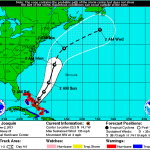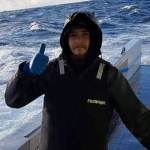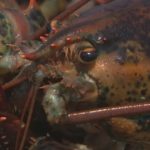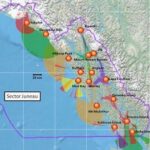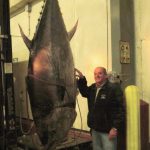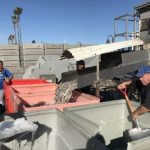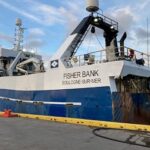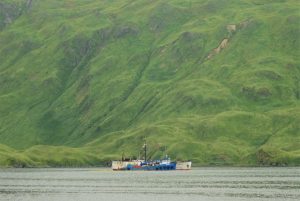FISH-NL urges provincial government to establish Fishery Stress Line similar to one for western farmers
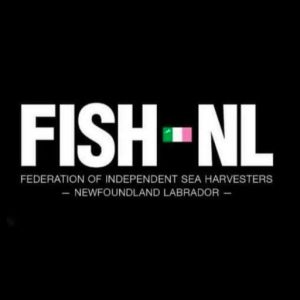 FOR IMMEDIATE RELEASE Tuesday, Aug. 22nd, 2017
FOR IMMEDIATE RELEASE Tuesday, Aug. 22nd, 2017
The Federation of Independent Sea Harvesters of Newfoundland and Labrador (FISH-NL) is calling on the provincial government to establish a Fishery Stress Line to help inshore harvesters access help for mental health.
“The fishery is in worse shape today than the cod moratorium days of the early 1990s because harvesters have bigger loans, and there are no other species to move onto,” said Ryan Cleary, President of FISH-NL.
“More and more harvesters are having a hard go of it because of quota cuts that make it difficult for them and their families to keep going financially, and they see the future as bleak.”
Saskatchewan has had a Farm Stress Line since 1989, offering mental health services to thousands of rural farmers.
In 2012 that province partnered with Mobile Crisis Services and began offering crisis counselling around-the-clock to farmers if they’re experiencing depression, suicidal thoughts or other stress-related symptoms.
The stress line has been billed as a “peer-to-peer” toll-free telephone service, meaning farmers are connected to “someone who knows what it’s like to live in today’s farming and ranching world.”
In July, as extreme weather conditions in parts of Saskatchewan caused problems for farmers, they were encouraged to seek help for mental health issues.
While a crop failure can leave farmers with a heavy burden, the same holds true for inshore harvesters, who’ve experienced severe cuts to highly lucrative species such as shrimp and crab. Severe ice conditions this spring also kept thousands of harvesters on land for weeks longer than normal.
While a small commercial cod fishery has resumed in waters around the province, the price paid to harvesters for cod is low and many plants wouldn’t buy cod for most of August.
The toll on some harvesters and their families has been huge, and financial challenges can lead to mental challenges.
“I hear from inshore harvesters every day and some of them aren’t doing well,” said Cleary, “and they don’t know where to turn.”
Contact: Ryan Cleary, 682 4862

































